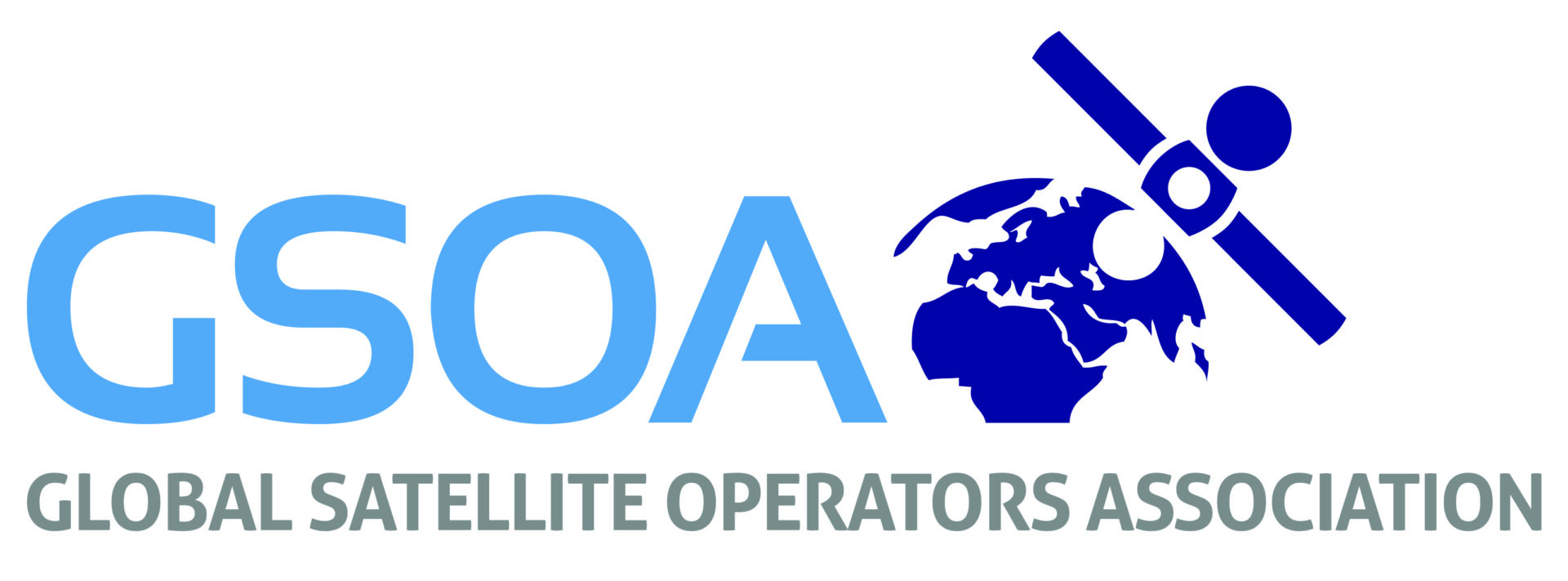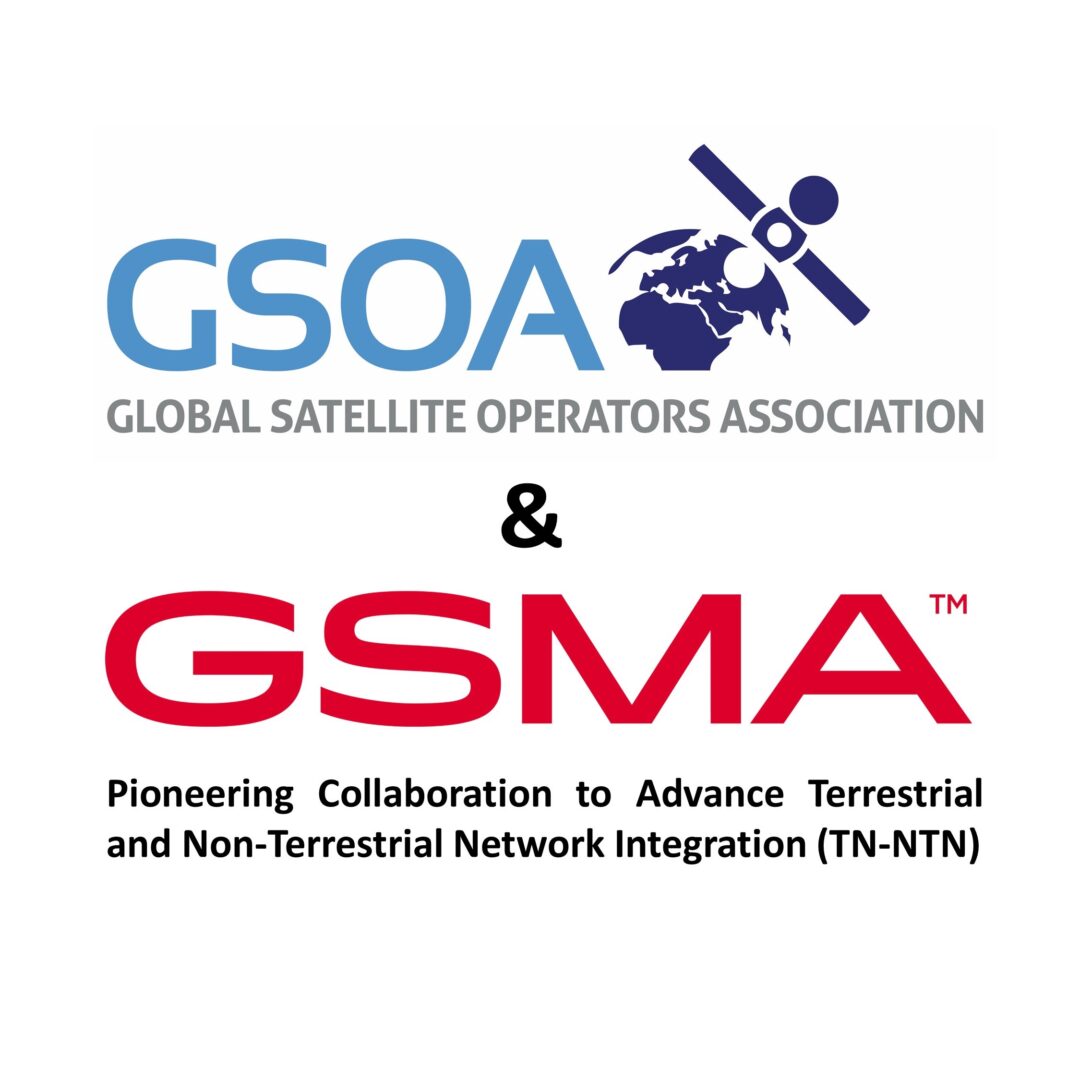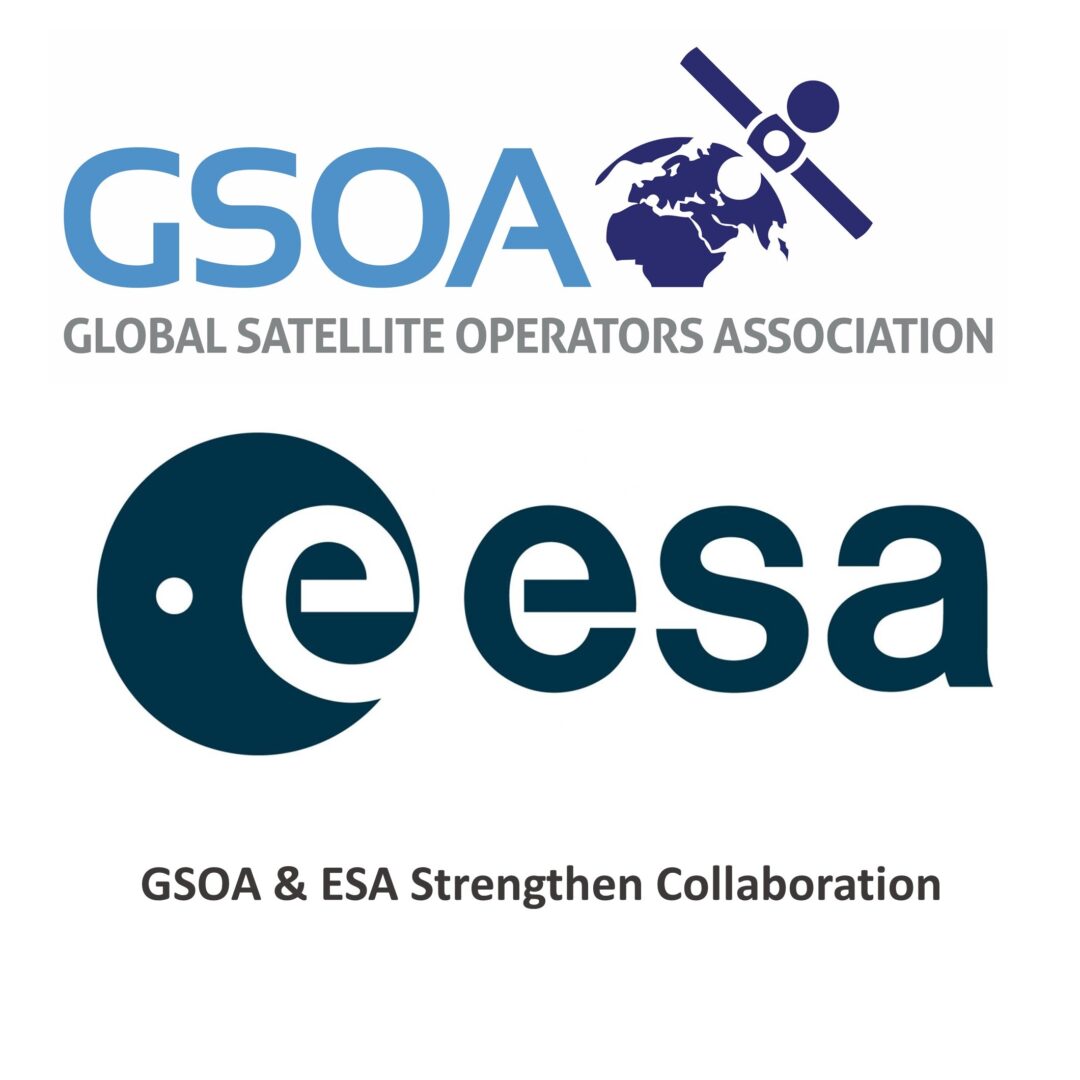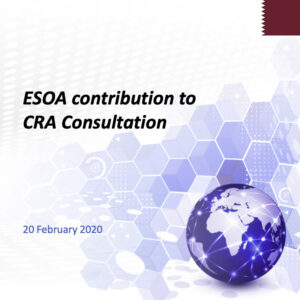Blogpost #3: Hockey Sticks on the Horizon – What Does Technological Advancement Really Look Like?
The question of whether technology advancement is happening at an exponential rate or a linear one has been discussed at length in the Holla-Maini household recently. The Question might appear easy but I don’t think it is. It is however an extremely important one.
Rogier Holla referenced Sapiens & opined that tech advancement is clearly exponential. Yes if we take a long-term view of human evolution. Each “Age” – stone, bronze, iron to the industrial revolution and modern day, has been shorter as knowledge has grown.
A ‘short-term’ view however e.g. 2G to 3G to 4G to 5G puts this into question. Advances from 2G to 3G were clear and again to 4G. However the incremental value of 5G over 4G/LTE was unclear for many. It is easy to 𝗮𝘀𝘀𝘂𝗺𝗲 technology advancement when each year brings a new iPhone (isn’t this marketing?) or when wireless tech is being used across new industries (isn’t this innovation in 𝗵𝗼𝘄 𝘄𝗲 𝘂𝘀𝗲 technologies?), but does this merit being credited as exponential technological advancement?
One cannot deny the telecoms ecosystem is undergoing radical change but whether it is exponential is not an easy Q. It is fundamentally important though because once acknowledged, assumptions are made upon which far-reaching decisions are taken. E.g. that exponential tech growth means exponential mobile data growth (analysis shows this is not true see https://bit.ly/3vtypO8 by LS telcom) which in turn requires boundless amounts of new spectrum.
The consequences of such assumptions can cause inefficiencies in use of spectrum, alter markets & affect users. E.g. “the FCC made a mistake … when it focused all of its energies in the early 5G days on spectrum called millimeter wave” (28GHz band) OR Korea, where 3 years post 28GHz auctions, only 200 5G base stations are in place.
So if with a short-term view, tech advancement is not exponential, then is it linear? The answer may be neither: I would suggest it happens in waves.
E.g. 6G proponents see the high capacity THz band as ideal/very efficient for indoor use. This may well be true but let’s not forget the time it takes to develop equipment to actually use this spectrum. Consider the space sector – historically a scientific testing ground for new spectrum. Ironically the 28 GHz band, which was brought into use first by the space sector is now coveted by others (incl. mobile). The current visibility of NGSO systems also suggests that tech advancement in the satellite industry is exponential. Yes the sector continues to innovate in space & on the ground but the first mostly-failed attempts at NGSO constellations were in the 90’s! Tech advancement takes time, even if it takes increasingly less time than it did before. Whatever we believe, how regulators consider technology advancement going forward is important. It can directly affect spectrum utility, users and the valuable services they provide & demand. Food for thought Forum Europe?
By Aarti Holla-Maini
Secretary General GSOA
Natalia Vicente
Director of Public Affairs & Communications
[email protected]
+32 2 669 4274






